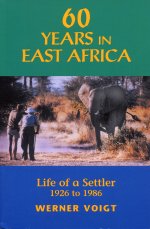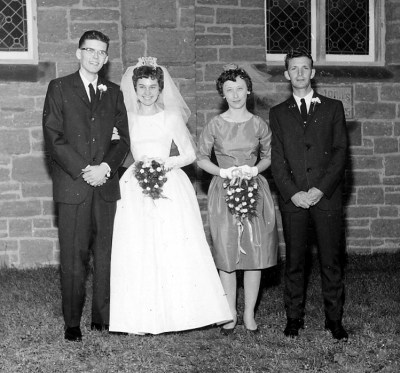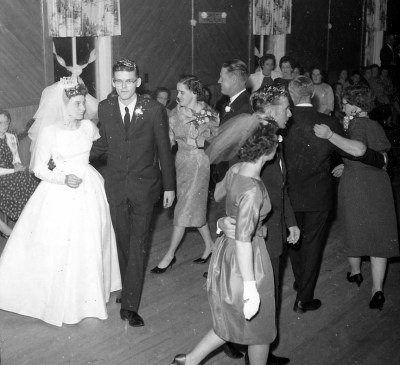"Wednesday, 29 July 2009
The local business community is mourning the death of former Director of Cable and Wireless Jamaica Milton Weise. Mr. Weise, who was also the Chairman of National Environment Planning Agency and a consulting engineer, died on Monday night when the vehicle he was driving crashed in Cherry Gardens, St. Andrew."
This was Milton, as described in the discoverjamaica.com Personalities Directory:
"WEISE, Milton Ludlow, C. Eng., M.S.E., M.J.I.E., F.I.STruct. E., F.R.S.A., Dip. M.S.; Consulting Engineer. Principal and Chief Engineer Milton Weise & Associates, Consulting Engineers since 1963. Born: Kingston, Jamaica, April 17, 1932, son of the late Cladius M. Weise, Tailor, and Violet Shaw-Weise. Educated: Calabar Elementary School, Kingston Technical High School, South London Polytechnic. Career: Structural Designer Messrs. F. J. Samuely and Partners (London, England). Senior Engineer Messrs. Leonard & Grant (London, England), Deputy Chief Engineer Firth Cleveland Ltd. (Jamaica). Denomination: Baptist. Married: December 17, 1954 (divorced) ; 2 sons, 2 daughters. Interests: Tennis, Gardening. Club: Liguanea."
Milton Weise, April 20, 1997
Kingston Harbour, Jamaica
I met Milton on July 2, 1988 when I went to Kingston, Jamaica for a three week stint teaching computer courses (DOS, WordPerfect, dBASE, Lotus 123) to engineers belonging to the Jamaica Institution of Engineers. Milton and I hit it off right from the get-go. After returning to Ottawa I kept in touch with a number of the engineers I had met that summer. When I returned to Jamaica with my wife, Helen, in October 1989 to celebrate our 25th Wedding Anniversary at the Liguanea Club in Kingston, Milton sponsored our stay there. And when we decided to take out a membership in the Club, Milton sponsored our membership request. From then until 2001 we normally connected with Milton at least twice a year when we would be in Kingston on holidays. Usually, on those 2 to 3 week excursions, we'd see Milton two, three or more times per week. Over the years we enjoyed spending many hours with Milton and Rosanne Lee, his long-time partner.
Unfortunately, family commitments have kept us from Jamaica for the last 8 years but we have continued to keep in contact with friends via email and telephone. We would usually visit with Milton by telephone once or twice a year. I last spoke with Milton a couple months ago. I had called using Skype-to-landline to see how he was doing following the death of Rosanne who had succumbed after a long battle with cancer. We must have chatted for about half an hour. Last week, I thought I should give him another call, but as usual I was just heading out somewhere when I thought of it and decided to wait until later. Now I'll never get to make that call.
I wonder how many time that sort of thing happens. You think of someone you should contact, but because you hesitate or postpone it you then never get the chance to have that talk. I think from now on, when I feel the urge to touch base with a friend I'll do it immediately just in case the chance slips away from me forever.
At least, that's the way I see it from Between Keyboard and Chair.




